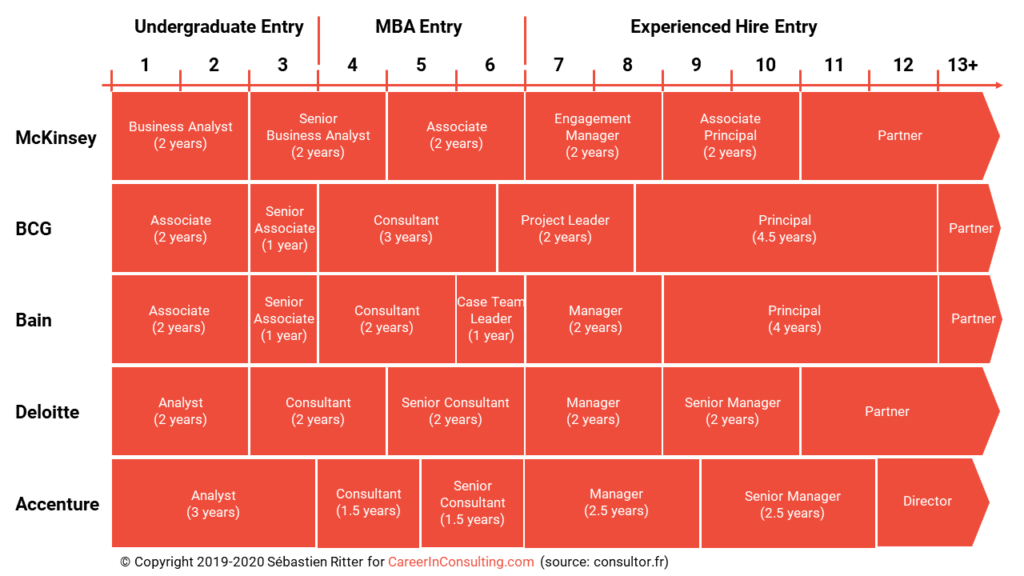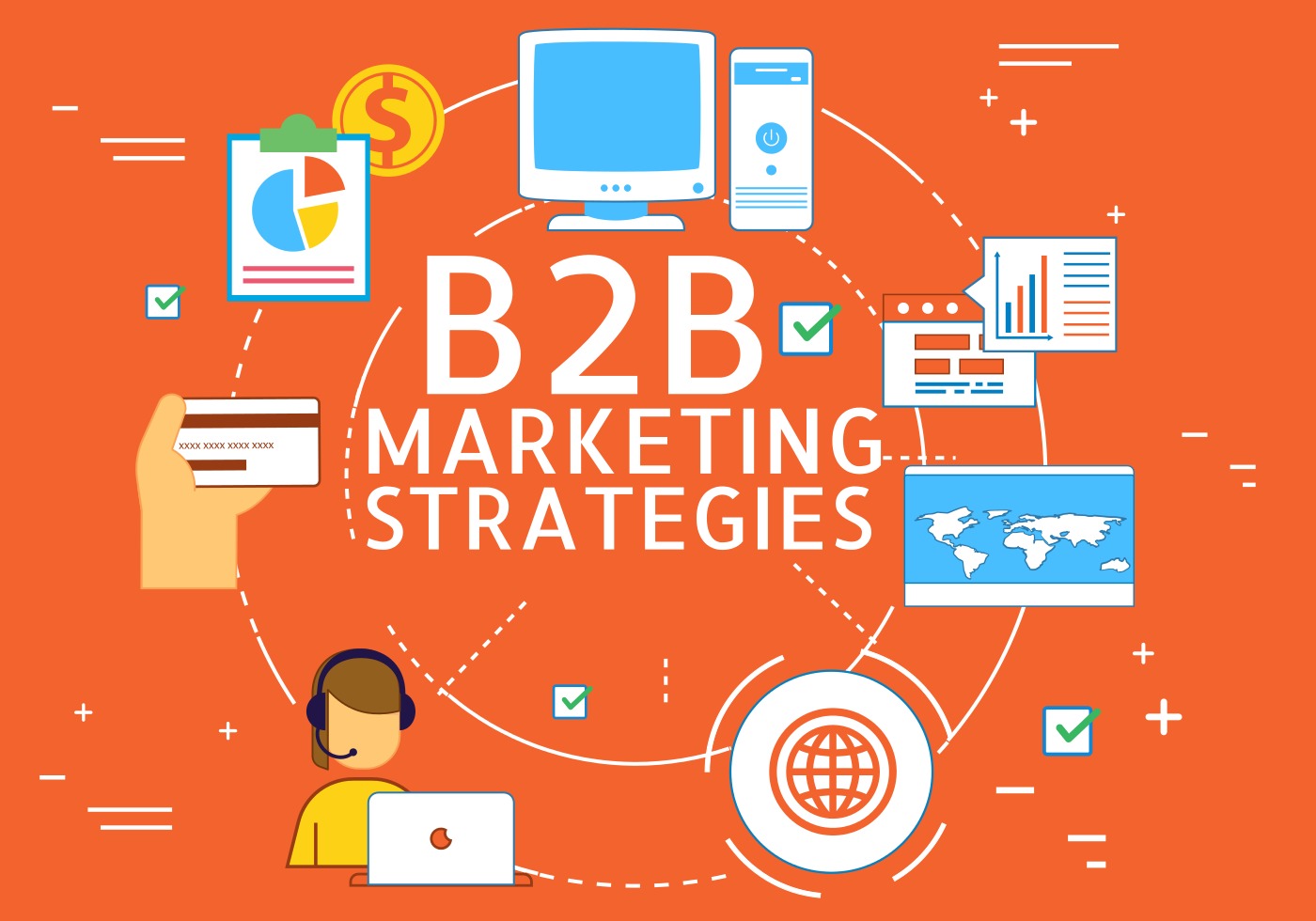
To find a job as a consultant, you need to research the market. It's usually easier to find large, national companies. You can also contact smaller independent businesses. You'll have to be creative to find employment.
Consulting as a freelancer can be very rewarding. It is a varied job with excellent pay. This requires strong communication skills as well as analytical skills. Freelancers can also build an online profile. This allows freelancers to build relationships with clients and discover new projects. They can create their own schedule and charge an hourly rate.
It is possible to earn more as a freelancer if you have worked as a consultant for a long time. Many consulting firms have their own freelance consultants, and they hire them on a contractual basis. When processes are in need for improvement, companies tend to hire outside experts. External experts can help with mass measures such as implementing social media, creating brand strategies, or even providing strategic advice.

Companies often seek outside expertise when they require an impartial perspective. If a company is looking to enter a new market, for example, it may need the advice of a marketing professional. If a company is having a hard time financially, they might need to seek financial advice. A consulting firm can make a great use of a freelance accountant. A freelance accountant can not only provide specialized services but can also optimize a business's success.
Consulting involves both theoretical and practical knowledge. It is important to understand the concepts that are being presented. These concepts must be explained clearly to your client when you are dealing with them.
An online presence is a great way to establish a solid brand for your consulting company. This can include a public profile on social media and a website advertising business. Potential clients can reach you through your online presence. The internet can also help increase awareness about your business.
In order to succeed in freelancing, you will need to be a well-rounded individual with an extensive background in your field. Freelancers may specialize in different areas, such as marketing, advertising, branding and accounting. Selecting a specialty can streamline your career path, as it can help you determine what kinds of clients you need to serve and what kinds of projects you should take on.

Freelancers can also benefit from networking with other freelancers and professionals in their field. These people can help them build the skills they need to succeed in their career. They can also learn more about freelance work by attending professional development events. Consultants can also make use of their networks to locate employment opportunities. Using a freelancer directory, such as Freelancer-Portal, can help them connect with employers.
FAQ
Do I need legal advice?
Yes! Consultants often create contracts with clients without getting legal advice. This can lead to issues down the road. For example, what happens if the client terminates the agreement before the consultant's completion date? Or, what happens if the consultant doesn't meet the deadlines set forth in the contract?
Avoid any legal issues by speaking with a lawyer.
What can I expect of my consultant?
Within a few days of selecting your consultant, you can expect to hear back. They will usually ask for information about your company, including its mission, goals, products, services, budget, etc. Then, they'll send over a proposal outlining the scope of work, estimated time frame, fees, deliverables, milestones, etc.
If everything looks good, then the two parties will negotiate a written contract. The type and content of the contract will vary depending on whether the relationship is employer-employee/employer-independent contractor.
If everything goes as planned, the consultant may begin to work immediately. The consultant will have full access to your files and resources. You'll also have access to their skills and knowledge.
But don't assume that anyone who is a consultant has all the answers. It takes practice, effort and practice in order to be an expert in any area you consult. Do not expect your consultant to be an expert in every aspect of your business.
Why do you need consultants?
There are many factors that could lead to you hiring consultants.
-
Your organization may have a specific project or problem that needs solving
-
You are looking to learn new skills or improve your existing skills
-
You'd like to work in conjunction with an expert in a specific field
-
You have no other choice but to do the job.
-
You feel overwhelmed by all the information and don’t know where to begin.
-
You can't afford to pay someone full-time
You can find good consultants by word of mouth. Ask your friends and colleagues if they know of any trustworthy consultants. Ask your friends and family for referrals if you know someone who is a consultant.
If you're interested in using online directories, such as LinkedIn, you can use the "Search People” feature to find consultants near your location.
How is consulting different to freelancing
Freelancers are individuals who work for themselves and offer their services to clients. Hourly rates are usually charged based on the time they spend working on a client’s project. Consultants are usually employed by companies or agencies. Consultants are typically paid either monthly or annually.
Because they have control over their work hours and can set their prices, freelancers are more flexible than consultants. Consultants have better benefits, like health insurance, vacation time, sick leave, retirement plans and etc.
Statistics
- Over 50% of consultants get their first consulting client through a referral from their network. (consultingsuccess.com)
- So, if you help your clients increase their sales by 33%, then use a word like “revolution” instead of “increase.” (consultingsuccess.com)
- Over 62% of consultants were dissatisfied with their former jobs before starting their consulting business. (consultingsuccess.com)
- According to IBISWorld, revenues in the consulting industry will exceed $261 billion in 2020. (nerdwallet.com)
- On average, your program increases the sales team's performance by 33%. (consultingsuccess.com)
External Links
How To
How do you find a good advisor?
The first step in finding a good consultant is understanding what you want from your consultant. Do you want them help improve your website's efficiency? Do you need them to optimize your site so that it ranks higher in search engines' results? You might also want someone to help you determine if your hosting provider is in trouble. You need to know what kind of services you want, and then you can begin looking at other companies. Many consultants claim to be able to provide these services. However, only a handful of them actually deliver on their promises. How do I choose one? Here are some things to consider when picking a consultant:
-
Get referrals. This is the best method to find a consultant. Hire someone you don't know because they're likely to charge too much. You don't want to work alongside someone whose reputation hasn't been established. If you have the good fortune to get referrals from trusted people, great! However, even if this is not possible, you might still be able check reviews online. You can find testimonials and case studies from clients who have used your service.
-
Ask around. Many people are not aware of the benefits of hiring a consultant. Many people believe that they are doing well and don't need any changes. This is often incorrect. Even if results are good, there is a chance you haven’t been keeping up-to-date with new trends and technologies. And if you're relying on outdated methods, you'll miss out on opportunities to grow your business. It is always worthwhile to ask around for recommendations of good consultants.
-
You should verify their qualifications. No matter how small your project is, it's important to ensure that the consultant you choose has the necessary skills. It doesn't matter if they are qualified for the task or not; make sure they are knowledgeable in the field.
-
Find out the type of projects they specialize. This is false. Some areas require specialized training and education. For example, if you need someone to build a WordPress theme, you won't want to hire a developer who specializes in Drupal. The same goes for graphic design, programming languages, etc. Ask them what types of projects they are most familiar with.
-
Find out what their charges are. We said that you don't need to pay too much for consulting services. However, you don't need to pay too much. There are many types of consultants. There are some that charge an hourly fee, while others may bill per job. You can save money by knowing upfront exactly what you will be paying.
-
Know what they offer. Are they available for free consultations They will be able to offer you guidance on setting up your own system. Are they able to guarantee that your site will rank better after working with you? If you don’t like the information you receive during your consultation, you can cancel it without penalty.
-
You can also find out if they offer discounts on multiple months or over years. Many consultants offer discounted pricing over extended periods. Even though you do not necessarily have to commit to a whole year of service, you might still be able to benefit from any specials they offer.